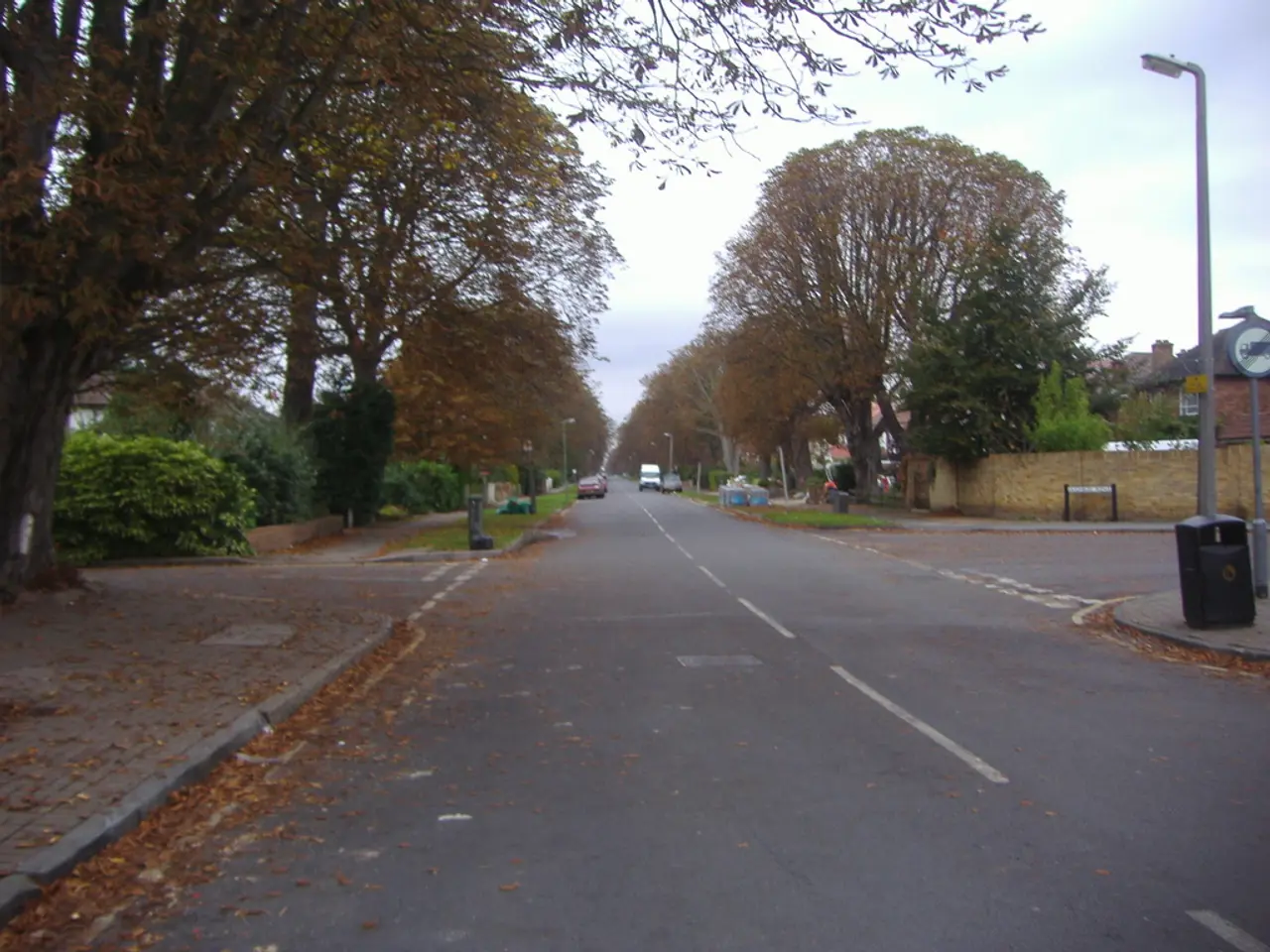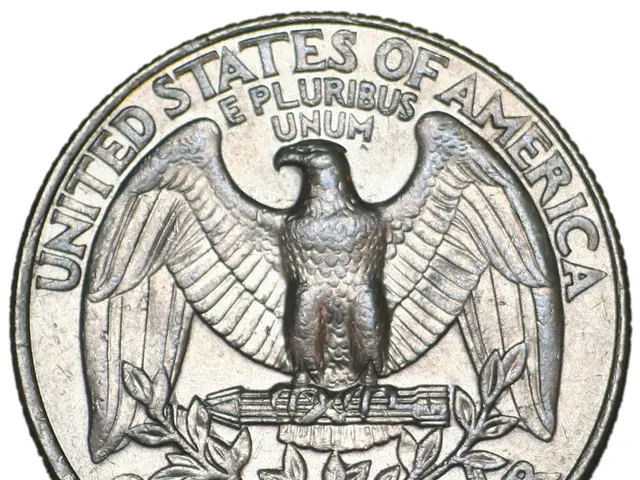Plastic bag transformation into roadways undertaken by UT Arlington engineering squad
In the fall, a groundbreaking road project will take place in Fort Worth, as University of Texas at Arlington (UTA) engineering professor Sahadat Hossain and his students continue their work on developing plastic-infused asphalt for road construction. This innovative mix, which has already shown promising results in improving road durability and reducing plastic waste, is set to transform Texas's transportation infrastructure.
Since 2019, Hossain's research team has partnered with the Texas Department of Transportation (TxDOT) to develop and test asphalt blended with shredded plastic waste. The goal: a more climate-resilient, longer-lasting pavement designed to withstand the heat, extreme weather, and flooding that Texas roads often face.
The plastic-infused asphalt has demonstrated impressive durability and climate resilience, resisting common road issues such as potholes, cracks, and surface irregularities. This improved pavement performance offers a significant advantage over traditional asphalt.
By incorporating shredded plastic waste, the technology addresses the dual challenge of reducing plastic landfill waste and extending road life, promoting environmental sustainability. If a mile-long road were constructed with the plastic-infused asphalt, it would utilize more than 5 tons of waste plastics, significantly reducing landfill waste.
In May 2025, a 3,500-foot stretch of Highway SH 205 in Rockwall, Texas was paved using this technology, marking the first major field trial. Prior trials included plastic-infused pavement in UTA parking lots and infrastructure projects in Bangladesh since 2023.
Garima Maharjan, a student and team member, expressed that the project integrates engineering innovation with sustainability. Brian Barth, deputy executive director at TxDOT, said the project uses plastic waste to solve the problem of longer-lasting roads.
The road section in Rockwall is under ongoing observation to measure performance indicators such as durability, wear and tear, crack formation, and pothole development over time. This long-term monitoring aims to validate laboratory findings and demonstrate practical benefits in real traffic and climate conditions.
Groups from Ethiopia, Nigeria, and Saudia Arabia have reached out to Hossain's team, expressing interest in replicating this sustainable infrastructure innovation. If the project's effectiveness is confirmed through continued monitoring, it could drive a more sustainable future for road construction across the globe.
In 2019, Hossain conducted a feasibility study with TxDOT's Dallas district and was given the green light to pilot the plastic-infused asphalt. Hossain is also the director of Solid Waste Institute for Sustainability at UTA. The team plans to monitor the road in Rockwall for several years and expand the pilot to other roads in Texas.
The plastic-infused asphalt mix has already proven its worth in UTA parking lots and Dhaka, Bangladesh, with no issues reported in two years. A plastic bag hit Hossain's car while he was driving along Highway 157 next to an Arlington landfill, highlighting the danger of plastic waste. Now, with this innovative solution, that waste could become a valuable resource in keeping Texas roads strong and sustainable.
KERA News is made possible through the generosity of its members. Priscilla Rice is KERA's communities reporter.
Theprogress in environmental-science and technology, spearheaded by Sahadat Hossain and his students at the University of Texas at Arlington, is making headlines in news around the world. Their innovative plastic-infused asphalt, which incorporates shredded plastic waste, has shown promising results in improving road durability and reducing environmental impact. The technology addresses environmental concerns not just in Texas, but beyond, with international interest in replicating this sustainable infrastructure innovation.




